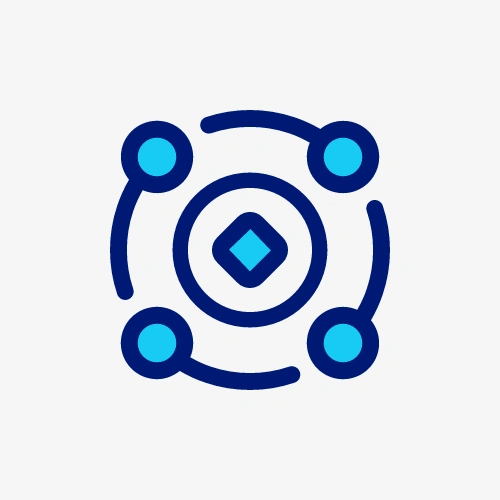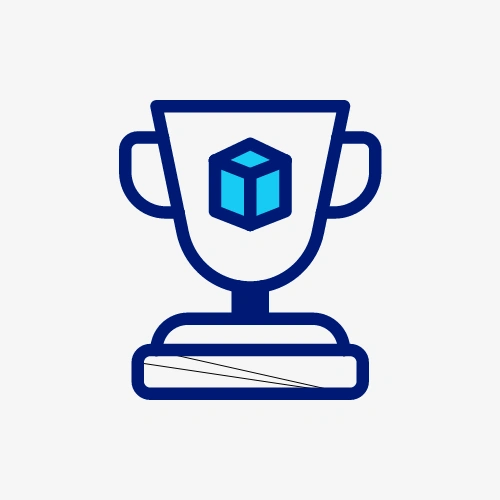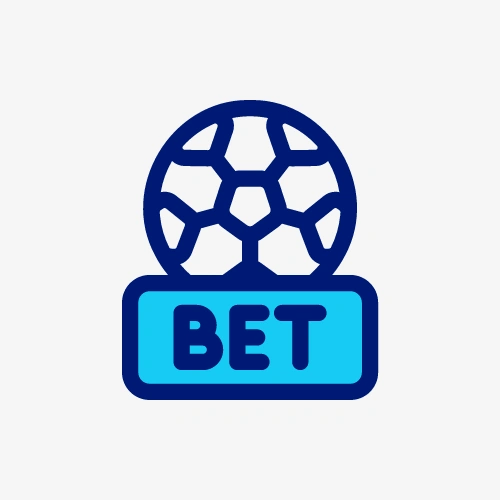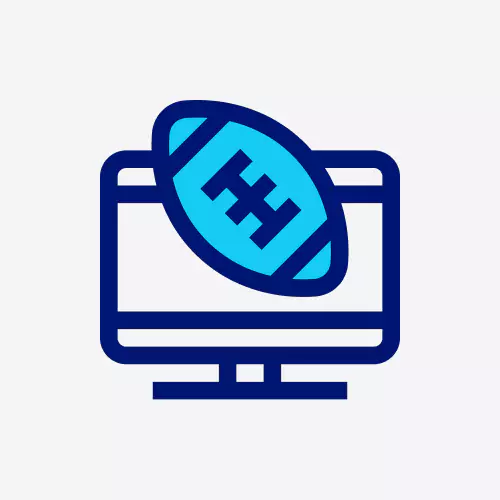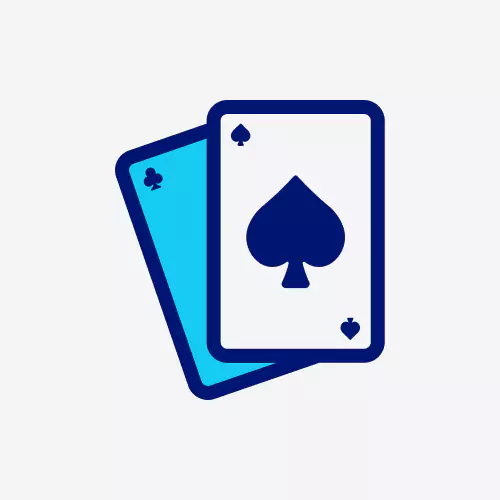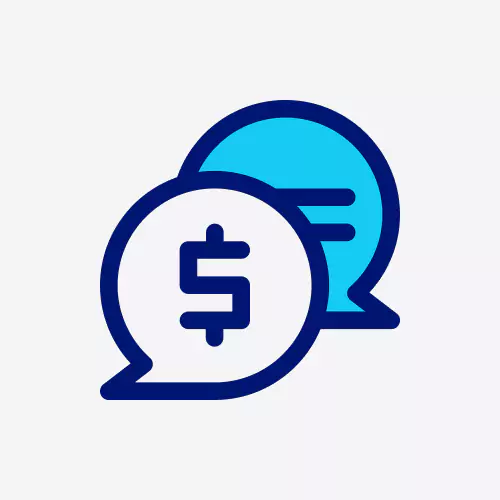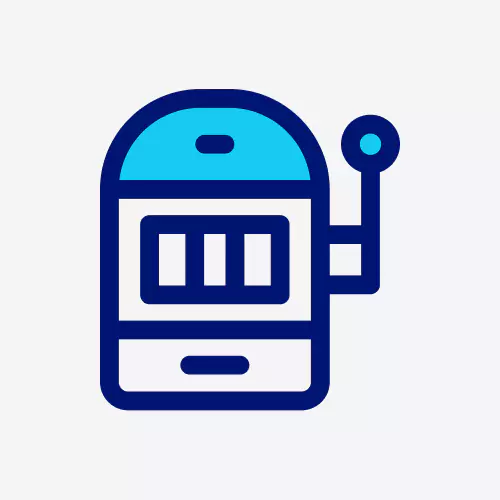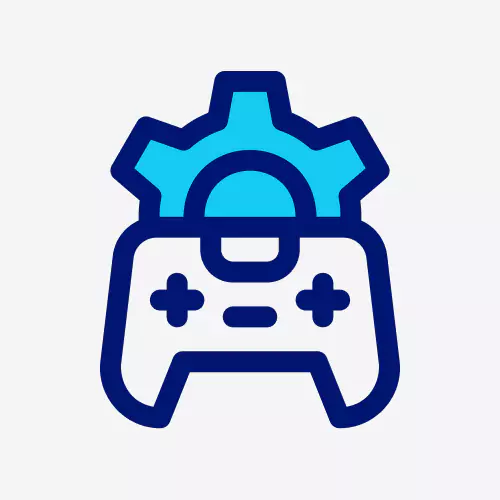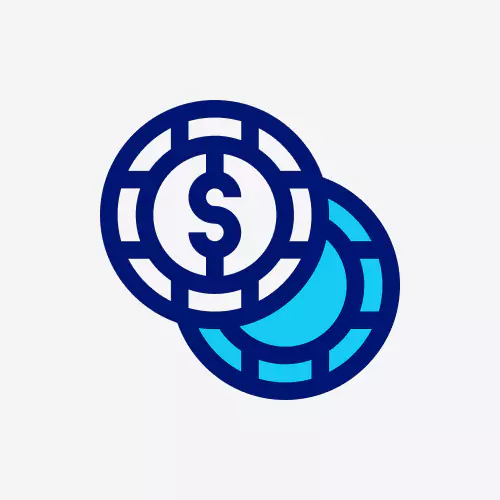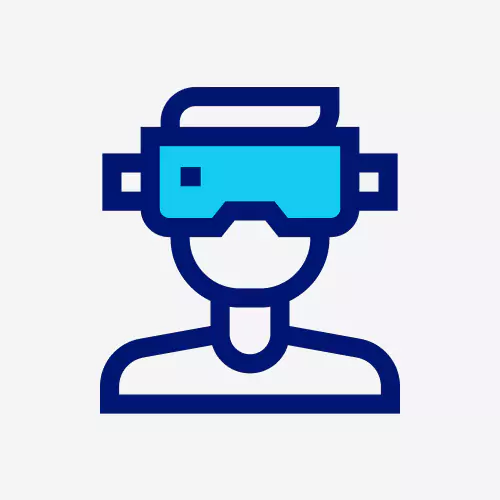How Much Does It Cost To Develop A Real Money Game?
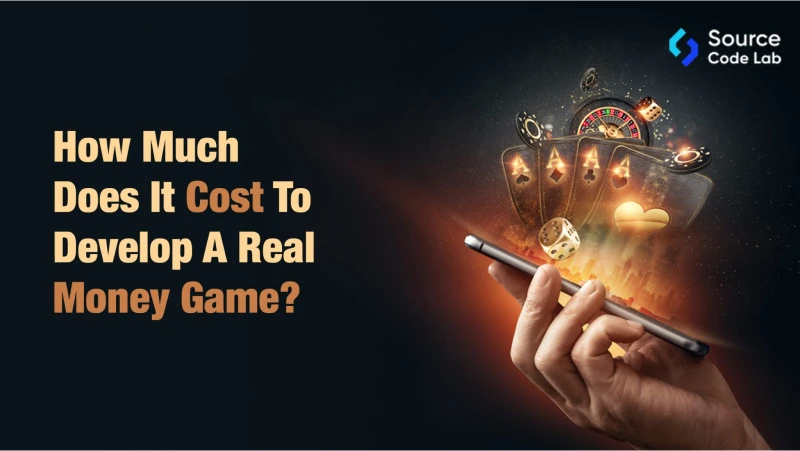
Quick Summary
Real Money Games (RMGs) are like online casinos or sports betting apps, but you can build your own! Development involves creating a secure, fun, and user-friendly app where players wager real money. Costs depend on complexity but expect to pay $15,000 to $75,000+ depending on features. Think casino games, sports betting, or even skill-based challenges – the possibilities are wide open.
Introduction
Excitement for making mobile games is huge right now! There’s a big chance for success, both financially and in other ways. Even though there’s a lot of competition, don’t let that stop you if you have a great idea for a real money game (RMG).
This could be the perfect time to make your game idea a reality, whether you want to reach players in the US or worldwide.
Real money games are super popular because they let players win real money in fun online competitions. But if you’re thinking about making your own real money game, you might be wondering: how much does it cost to hire a Real Money Game Development Company and make a unique game?
This article is here to help answer that question, especially for people just starting in business or anyone who loves gaming. We’ll talk about all the costs involved in making your own real money game.
What is a Real Money Game?
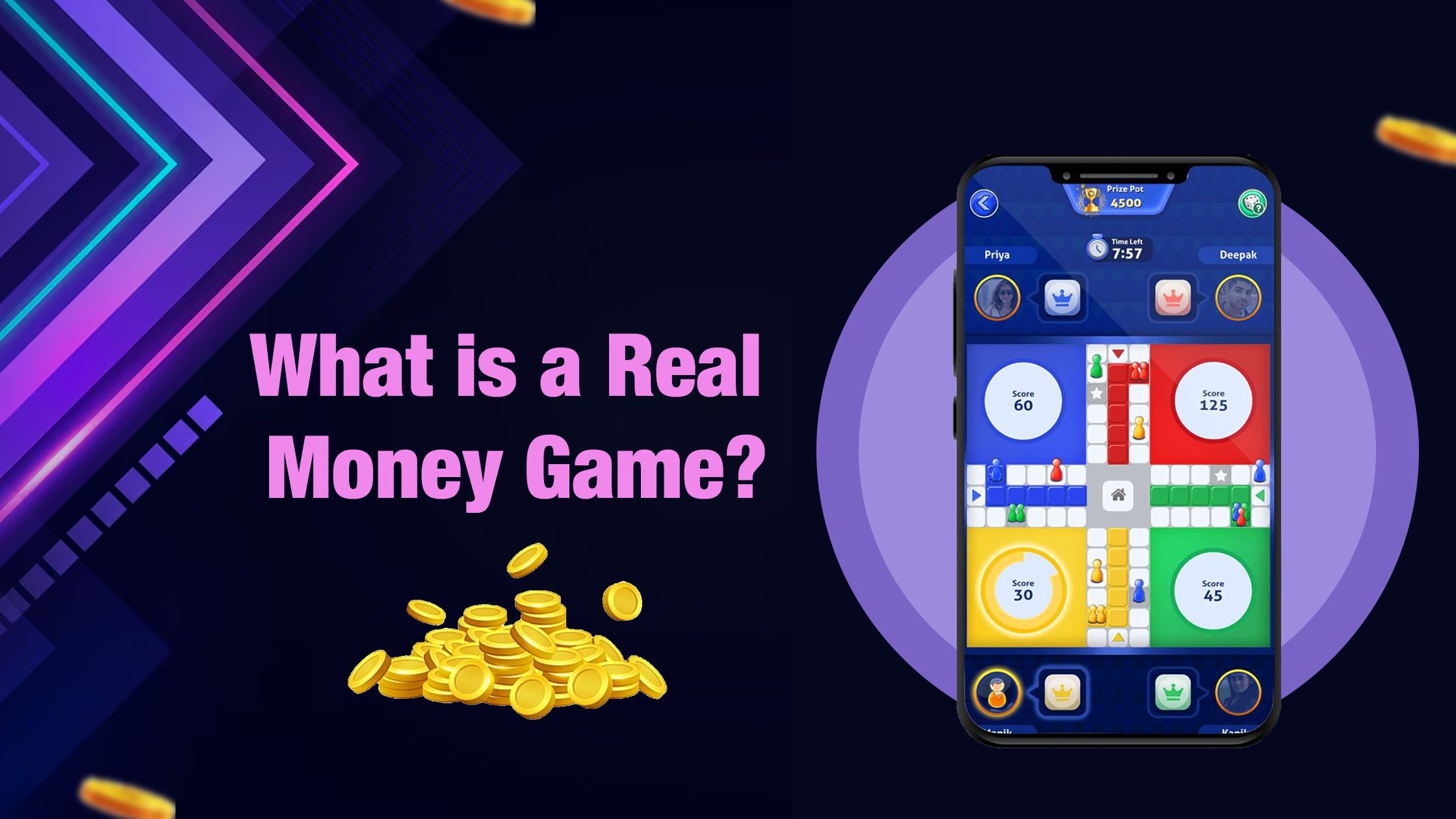
Real Money Game Development brings a new level of thrill to online gaming. Unlike traditional games where you earn points or virtual rewards, real money games let you bet actual money and win real cash prizes.
Whether you’re playing casino classics like poker and slots or betting on sports events, the opportunity to win money adds an extra layer of excitement to your gaming experience.
With the rise of online gaming, real money games have become increasingly popular.
They offer a unique blend of entertainment and the chance to win money, making them appealing to a wide audience. However, it’s essential to play responsibly and adhere to the rules and regulations in your area.
Real money games can be enjoyable and rewarding, but it’s crucial to understand the risks involved and to gamble responsibly.
Benefits of real money game development
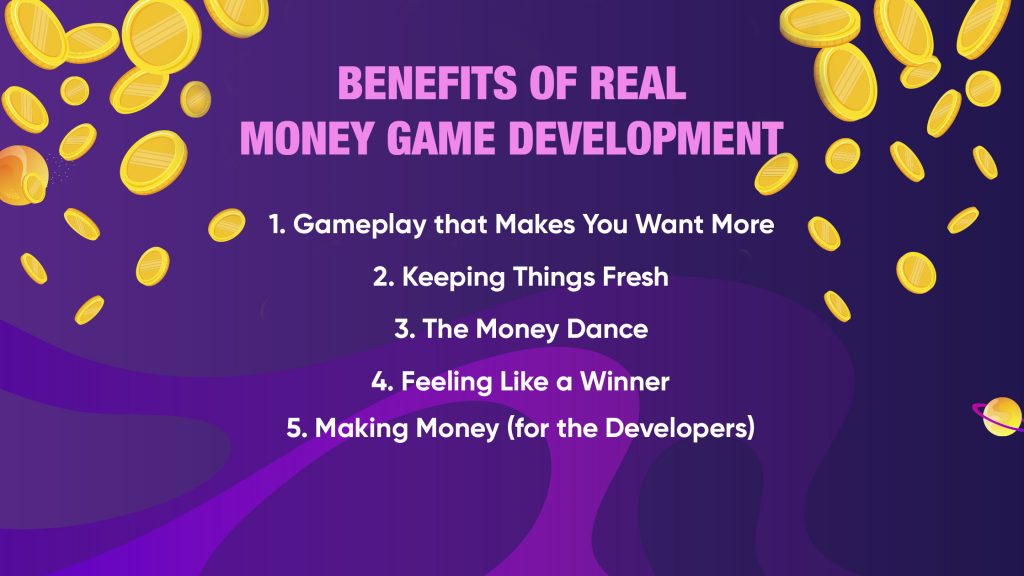
Have you ever wondered what makes those real money games so darn addictive? It’s not just pure luck! Developers put a lot of thought and effort into crafting an experience that keeps you glued to your screen, coming back for more.
Let’s dive into the key ingredients that make real-money games so successful:
1. Gameplay that Makes You Want More:
Imagine this: You’re playing a game, facing off against charming virtual characters, or tackling mind-bending challenges. Every victory feels rewarding, pushing you to keep going.
That’s the magic of engaging gameplay! Developers design real money games to be fun and stimulating, with a healthy dose of difficulty that keeps you hooked.
2. Keeping Things Fresh:
Imagine playing the same level over and over – gets boring fast, right? Real-money game developers are on top of their game (pun intended!). They constantly provide updates, introduce new challenges, and unveil exciting rewards to keep things fresh and exciting.
This keeps you coming back for more, eager to see what new adventure awaits.
3. The Money Dance:
Earn, Spend, Repeat: Real money games create a finely tuned economy. You earn virtual currency through gameplay, but there’s a twist! Sometimes, the coolest items or features require a bit more cash.
This creates a strategic balance: you can enjoy the game for free, but spending a little real money can unlock a whole new level of fun.
4. Feeling Like a Winner:
Nothing feels better than getting recognized for your skills, right? Real-money games understand this. They reward your achievements with virtual currency or cool in-game items, making you feel like a true champion.
This sense of accomplishment keeps you motivated and wanting to climb the ranks.
5. Making Money (for the Developers):
Now, here’s the secret nobody likes to talk about – how real money games make money! These games typically follow a “freemium” model. You can play for free, but for those who crave a little extra edge, there are options to buy virtual currency with real money.
This allows developers to keep the game running and create even more awesome content for you to enjoy. It’s a win-win situation!
Real Money Game Development Process
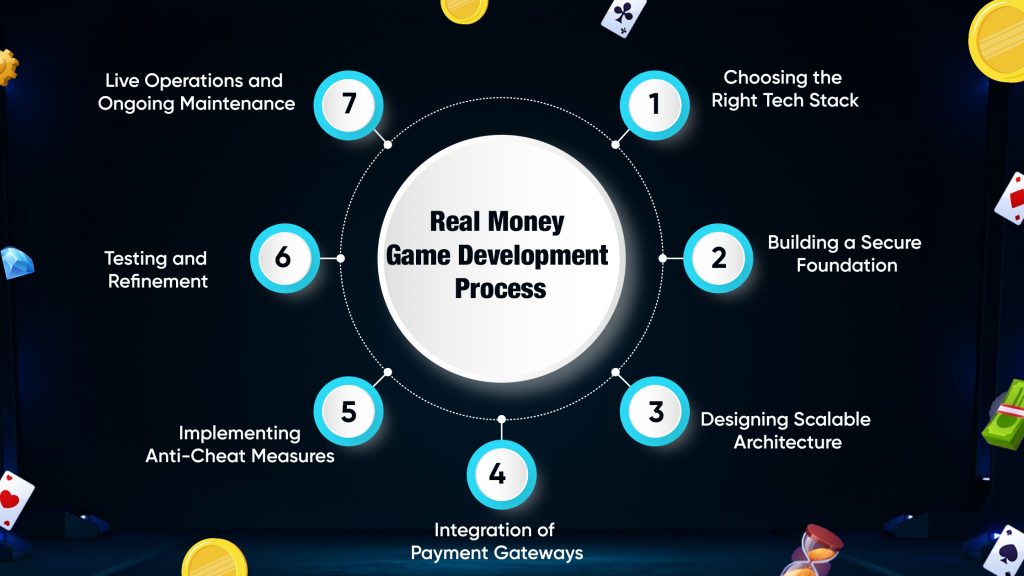
1. Choosing the Right Tech Stack:
Your Real Money Game Development Company will help you select the programming languages, frameworks, and databases best suited for your specific RMG concept.
Factors like game complexity, targeted platforms (mobile, web, etc.), and desired functionalities will all influence this decision. Popular tech stacks for RMG development include Unity for 3D games, Unreal Engine for high-fidelity experiences, and Godot for a versatile open-source option.
2. Building a Secure Foundation:
Security is paramount in RMGs. Your developer will prioritize robust security measures throughout the development process. This includes:
- Employing coding practices that minimize vulnerabilities to hacking attempts.
- Implementing strong encryption techniques to protect player data, both in transit and at rest.
- Establishing secure methods for player login, access control, and transaction verification.
- Proactively identifying and patching security weaknesses through simulated attacks.
3. Designing Scalable Architecture:
As your RMG gains traction, you’ll need a system that can handle increasing player traffic and data demands. Your developer will design a scalable architecture that can grow alongside your game.
This might involve utilizing cloud-based solutions for data storage and backend operations to ensure smooth performance under heavy loads.
4. Integration of Payment Gateways:
Since real money is involved, seamless and secure payment processing is essential. Your real money game developers will integrate reputable payment gateways that allow players to deposit and withdraw funds effortlessly.
This integration needs to comply with various financial regulations depending on your target markets.
5. Implementing Anti-Cheat Measures:
Maintaining a fair and trustworthy gaming environment is crucial. Your Real Money Game Development Service will incorporate anti-cheat measures to deter and prevent unfair practices by players.
This can involve server-side validation of game actions, monitoring for suspicious activity, and employing anti-bot technology.
6. Testing and Refinement:
Rigorous testing is a multi-stage process. Unit testing ensures individual game components function correctly, while integration testing verifies how different parts work together. Performance testing assesses the game’s stability and responsiveness under load.
Finally, security testing identifies and addresses potential vulnerabilities.
7. Live Operations and Ongoing Maintenance:
After launch, your Real Money Game Development Company can assist with live operations. This includes monitoring server performance, addressing bugs reported by players, and implementing new features or content updates to keep your RMG fresh and engaging.
Real Money Game Development Features
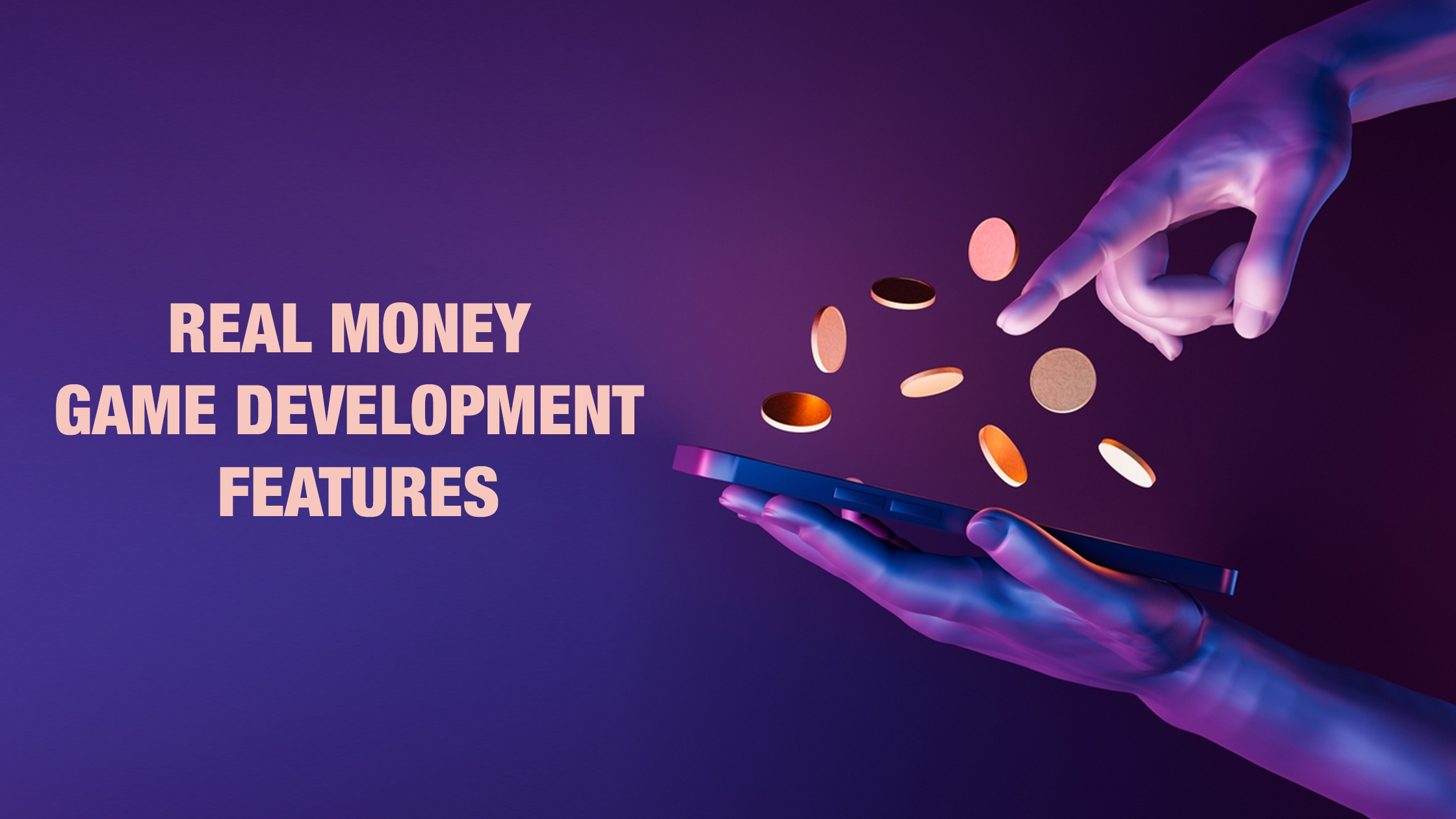
Here’s a breakdown of key features Real Money Game Development Services can integrate to boost user engagement and revenue in their RMG apps:
Core Features:
This core functionality allows users to play real money games using their skills and compete for cash prizes. It transforms casual gaming into a potentially lucrative activity.
Frictionless User Experience:
- Seamless deposit and withdrawal options are crucial for a smooth user experience. Players should be able to add funds and claim their winnings swiftly.
- Play As Guest: This feature caters to users who are hesitant to commit to creating an account. It allows them to try out the games in guest mode before signing up.
Player Tracking and Analytics:
- A detailed game history provides players with a comprehensive record of their gameplay, including wins, losses, and amounts wagered. This transparency fosters trust and helps players track their progress.
- Similar to game history, this feature offers a clear record of all withdrawal transactions, including dates, amounts, and corresponding games.
Social and Competitive Elements:
- This feature allows for the creation of tables with varying entry fees. Players can choose tables that suit their budget and risk tolerance, ensuring a comfortable gameplay experience.
- The ability to invite friends and family adds a social dimension to RMGs. Players can compete with or collaborate with their network, fostering a sense of community.
Monetization and In-App Purchases:
- This feature allows players to purchase in-game currencies or items needed for participation. It’s a primary source of revenue for RMGs.
- Integrating cryptocurrency payments broadens the player base by catering to users who prefer digital currencies.
Accessibility and User Support:
- Offering the app in multiple languages removes language barriers and expands the potential user base to a global audience.
- A reliable 24/7 support system ensures players have a reliable channel for addressing any issues or technical difficulties they encounter within the app.
Retention and Engagement Strategies:
- Rewarding players with daily bonuses incentivizes regular logins and participation. These bonuses can be used for game entry or in-app purchases.
- Simplifying the registration process by allowing logins through social media platforms like Facebook or Google streamlines user acquisition.
- This feature incentivizes existing players to spread the word about the RMG app by offering rewards for successful referrals. This organic marketing strategy can significantly boost user acquisition.
Real Money Game Development Costs
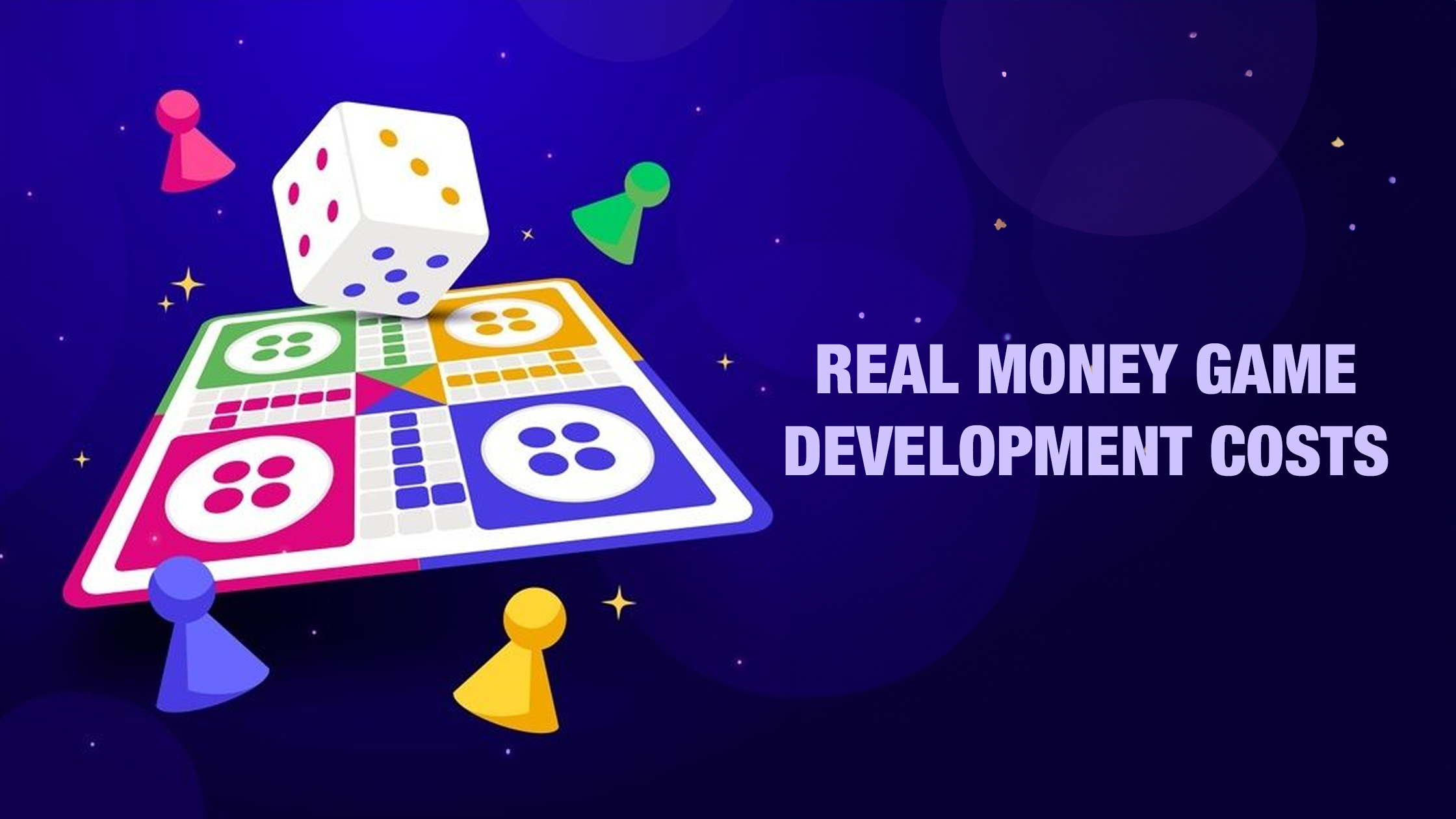
Developing a Real Money Game (RMG) app involves various factors that influence the overall cost. Here’s a simplified guide:
Project Scope:
- Simple RMGs with core functionalities like login, gameplay, and basic transactions can range from $15,000 to $45,000 for a single platform (Android or iOS).
- Games with complex features like social elements, in-app purchases, and multiple payment options will cost significantly more, ranging from $35,000 to $75,000 or even higher.
Development Considerations:
Game Complexity:
The intricacy of the game mechanics and features heavily impacts the development effort and cost. Simpler games require less development time, while complex games with advanced features necessitate more work.
Developer Location:
The cost of your development team can be impacted by their location. Rates for developers vary depending on their region and experience level.
UI/UX Design:
A user-friendly and visually appealing interface is crucial for player engagement. The complexity of the UI/UX design can affect the development budget.
Development Time:
The overall time it takes to develop your RMG app directly impacts the cost. Longer development cycles typically translate to higher costs.
Understanding Your Needs
Before embarking on RMG development, it’s essential to have a clear vision for your game. Here are some key questions to consider:
By answering these questions, you can create a development roadmap and budget that aligns with your specific needs and vision for your Real Money Game
Conclusion:
Source Code Lab is your trusted partner for crafting high-quality, engaging Real Money Games. Our team of experts brings their passion for gaming and technical prowess to the table, ensuring a secure, scalable, and feature-rich RMG experience.
Whether you have a simple concept or a complex vision, we can guide you through the development process, from ideation to launch, and help you bring your RMG to life.
FAQs
What are some of the challenges in Real Money Game Development?
Security is paramount, requiring robust measures to protect player data and financial transactions. Regulations around gambling also need to be carefully considered.
Are there any legal considerations for RMG development?
Absolutely. Gambling laws vary greatly by region. You’ll need to ensure your RMG complies with regulations in your target markets. Consulting a legal expert familiar with online gambling laws is crucial.
What are some monetization options for Real Money Games?
In-app purchases for virtual currency or items, transaction fees on wagers, and subscriptions are common models. You’ll need to consider what aligns with your game design and target audience.
What kind of ongoing maintenance is required for a Real Money Game?
Bug fixes, security updates, new content rollouts, and performance monitoring are essential for a healthy RMG. Your development partner can help with ongoing maintenance to keep your game fresh and secure.
[joli-toc]

